Tungsten Wire for Ceramic Sintering Heating
- Details
- Category: Tungsten Information
- Published on Monday, 11 August 2025 19:05
- Hits: 30
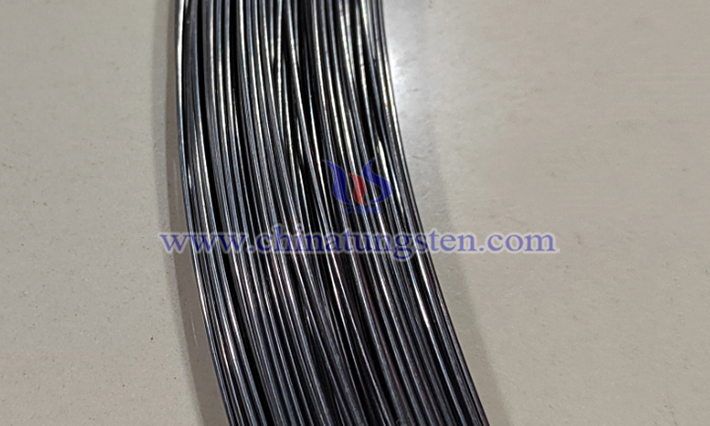
Tungsten wire, as a high-temperature heating material, is often used as a heating element in ceramic sintering due to its high melting point, excellent electrical conductivity, and high-temperature resistance.
Applications of Tungsten Wire in Metal Smelting Furnaces
- Details
- Category: Tungsten Information
- Published on Monday, 11 August 2025 19:03
- Hits: 24
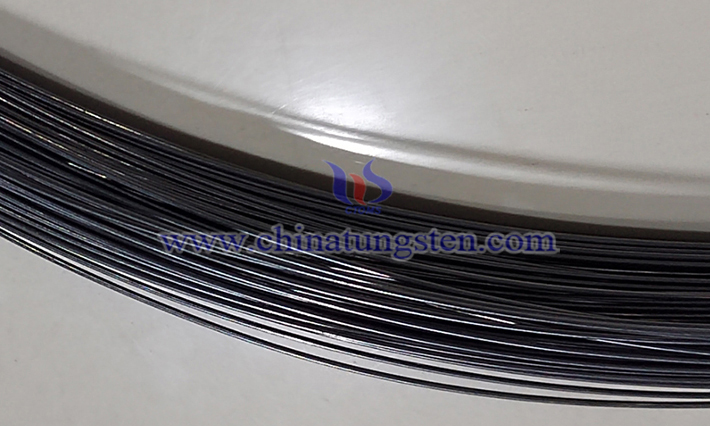
Tungsten wire is widely used in vacuum melting furnaces, induction furnaces, electron beam melting furnaces, and other equipment, particularly in smelting processes requiring high-purity metals or special alloys in industries such as aerospace, nuclear, and electronics.
Tungsten Wire as a Component of High-Temperature Industrial Furnaces
- Details
- Category: Tungsten Information
- Published on Monday, 11 August 2025 19:01
- Hits: 24
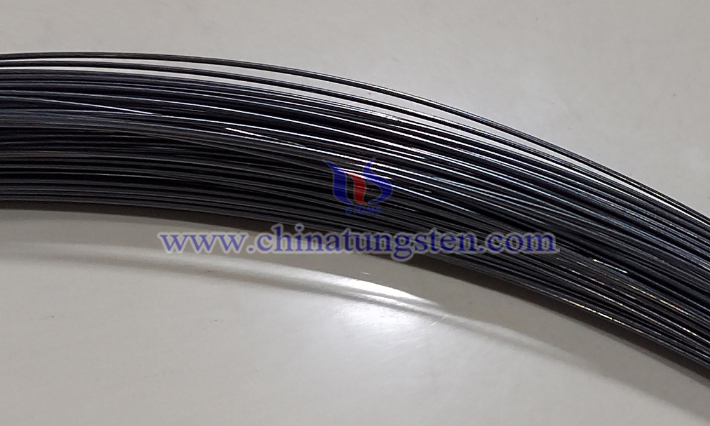
Tungsten wire is a key component in high-temperature industrial furnaces due to its excellent high-temperature resistance and electrical resistance.
The Heating Effect of Tungsten Wire in a Vacuum Furnace
- Details
- Category: Tungsten Information
- Published on Monday, 11 August 2025 18:59
- Hits: 25
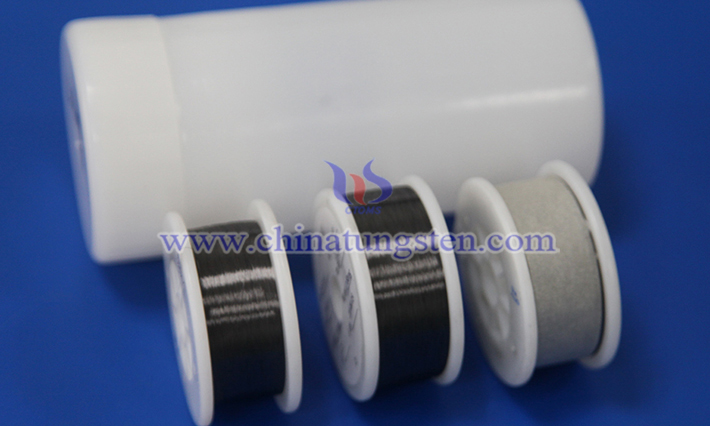
The heating effect of tungsten wire in a vacuum furnace primarily relies on its high melting point, high resistivity, and low vapor pressure. It generates high temperatures through resistive heating and transfers heat through radiation, making it suitable for a variety of high-temperature processes.
Tungsten Wire for Electron Source in Scientific Instruments
- Details
- Category: Tungsten Information
- Published on Monday, 11 August 2025 18:57
- Hits: 24
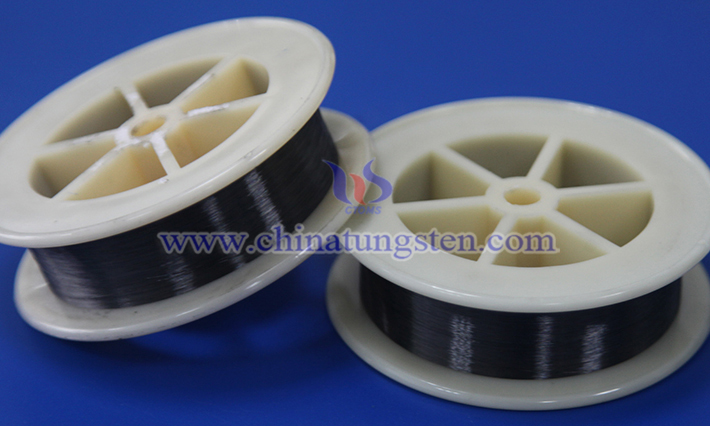
Tungsten wire is widely used as an electron source in scientific instruments primarily due to its high melting point, corrosion resistance, and excellent thermal electron emission properties.
Application of Tungsten Wire in Radar Display Components
- Details
- Category: Tungsten Information
- Published on Monday, 11 August 2025 18:55
- Hits: 24
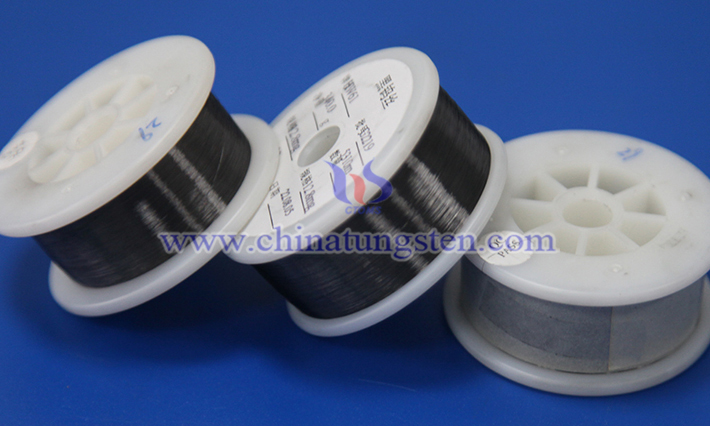
The application of tungsten wire in radar display components mainly focuses on the electron gun and vacuum maintenance system of traditional cathode ray tube technology, with its high melting point, low vapor pressure, and mechanical stability being key advantages.
Tungsten Wire as Electron Tube Hot Cathode
- Details
- Category: Tungsten Information
- Published on Monday, 11 August 2025 18:53
- Hits: 26
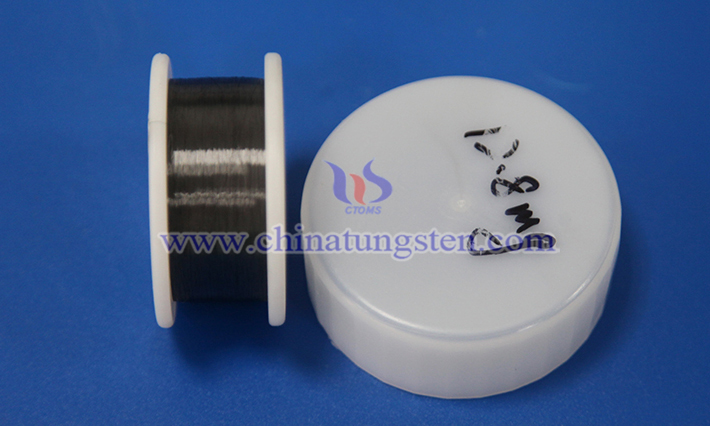
Tungsten wire, due to its high melting point, low vapor pressure, high thermal stability, and controllable electron emission properties, is an ideal material for electron tube hot cathodes.
Tungsten Wire Applications in Stage Lighting
- Details
- Category: Tungsten Information
- Published on Monday, 11 August 2025 18:51
- Hits: 15
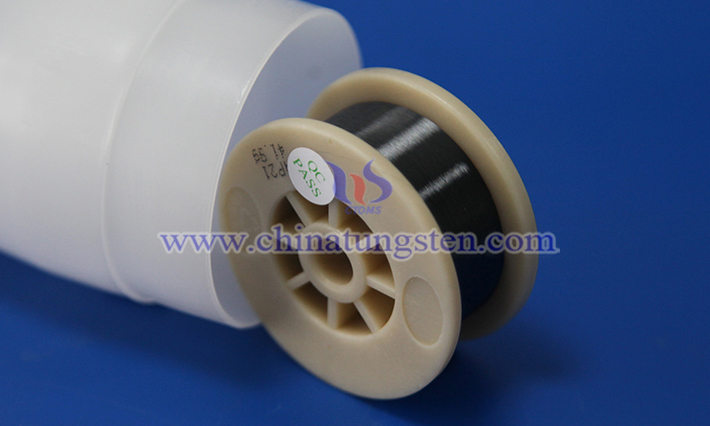
Although modern stage lighting is gradually incorporating new technologies such as LEDs and lasers, tungsten wire lamps (such as tungsten-halogen lamps) still hold a vital position in specific applications due to their high color rendering, continuous spectrum, and controllability.
The Use of Tungsten Wire in Decorative Lighting
- Details
- Category: Tungsten Information
- Published on Monday, 11 August 2025 18:49
- Hits: 26
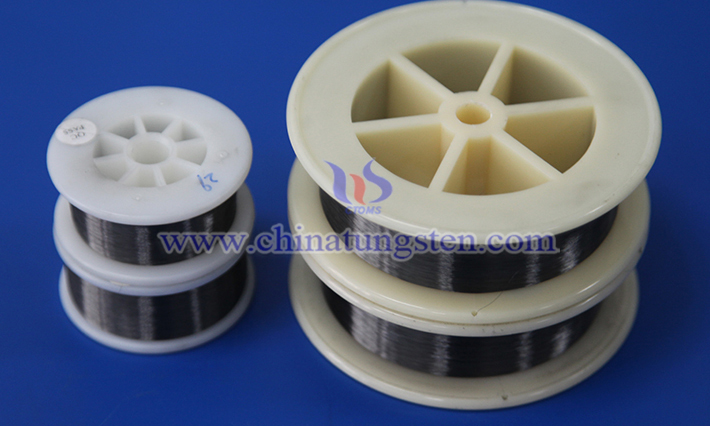
Tungsten wire still holds a niche in decorative lighting due to its unique aesthetic and warm glow, particularly in retro and artistic settings. The following is an analysis of the specific uses and characteristics of tungsten wire in decorative lighting:
Tungsten Wire Lighting in Retro Lamps
- Details
- Category: Tungsten Information
- Published on Monday, 11 August 2025 18:47
- Hits: 26
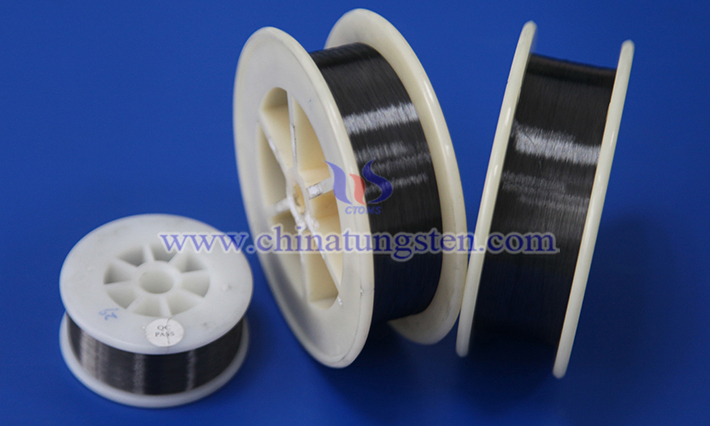
Tungsten wire, as a light source for retro lamps, is widely popular due to its unique optical characteristics and nostalgic aesthetics, especially in decorative lighting.




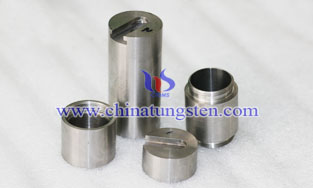


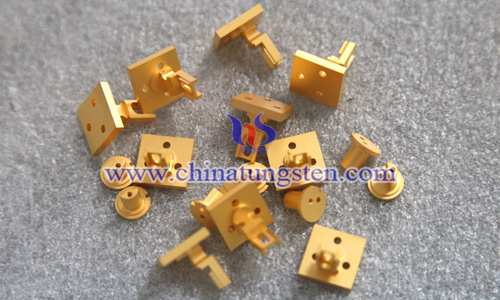
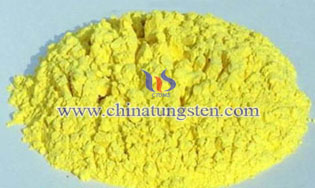
 sales@chinatungsten.com
sales@chinatungsten.com